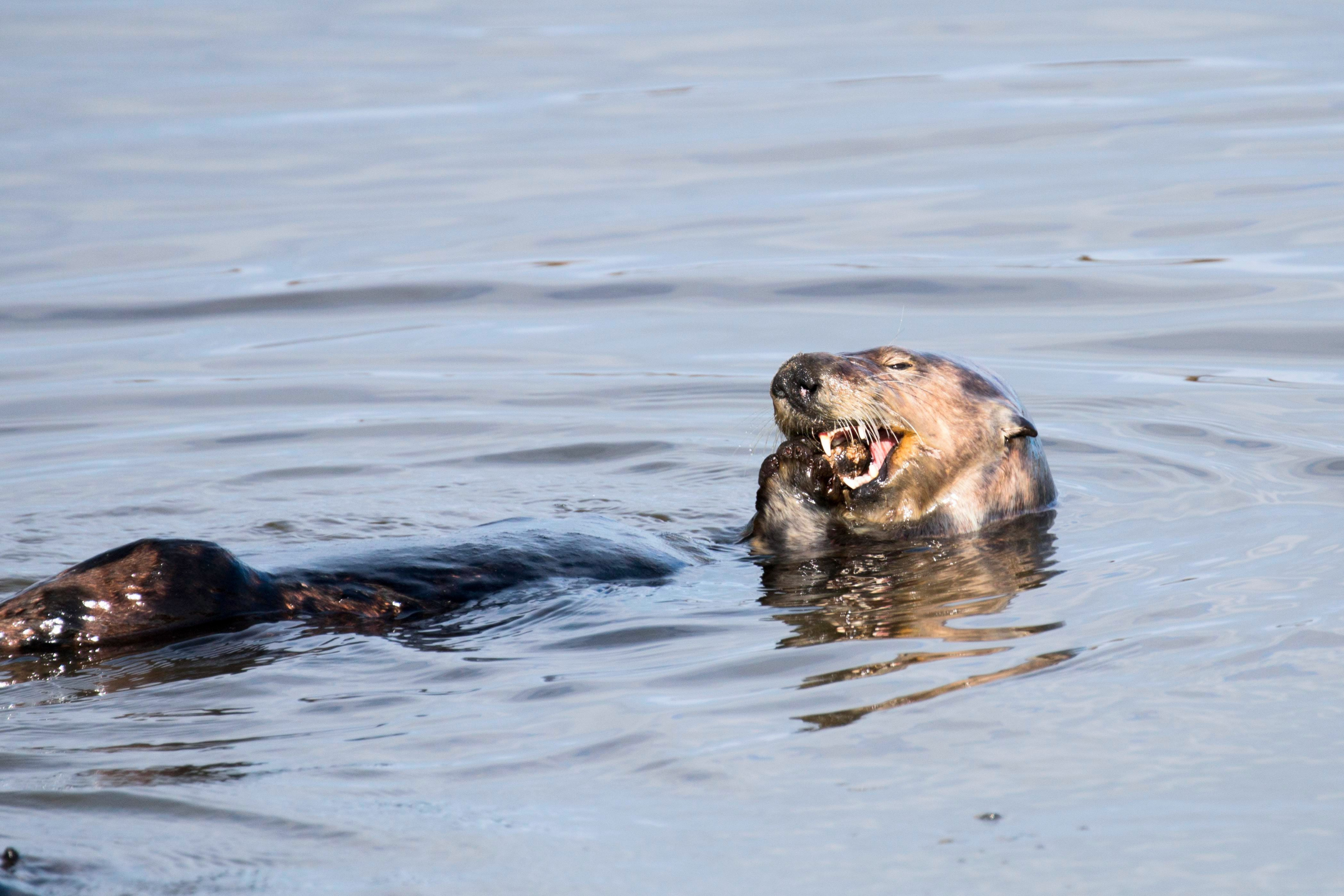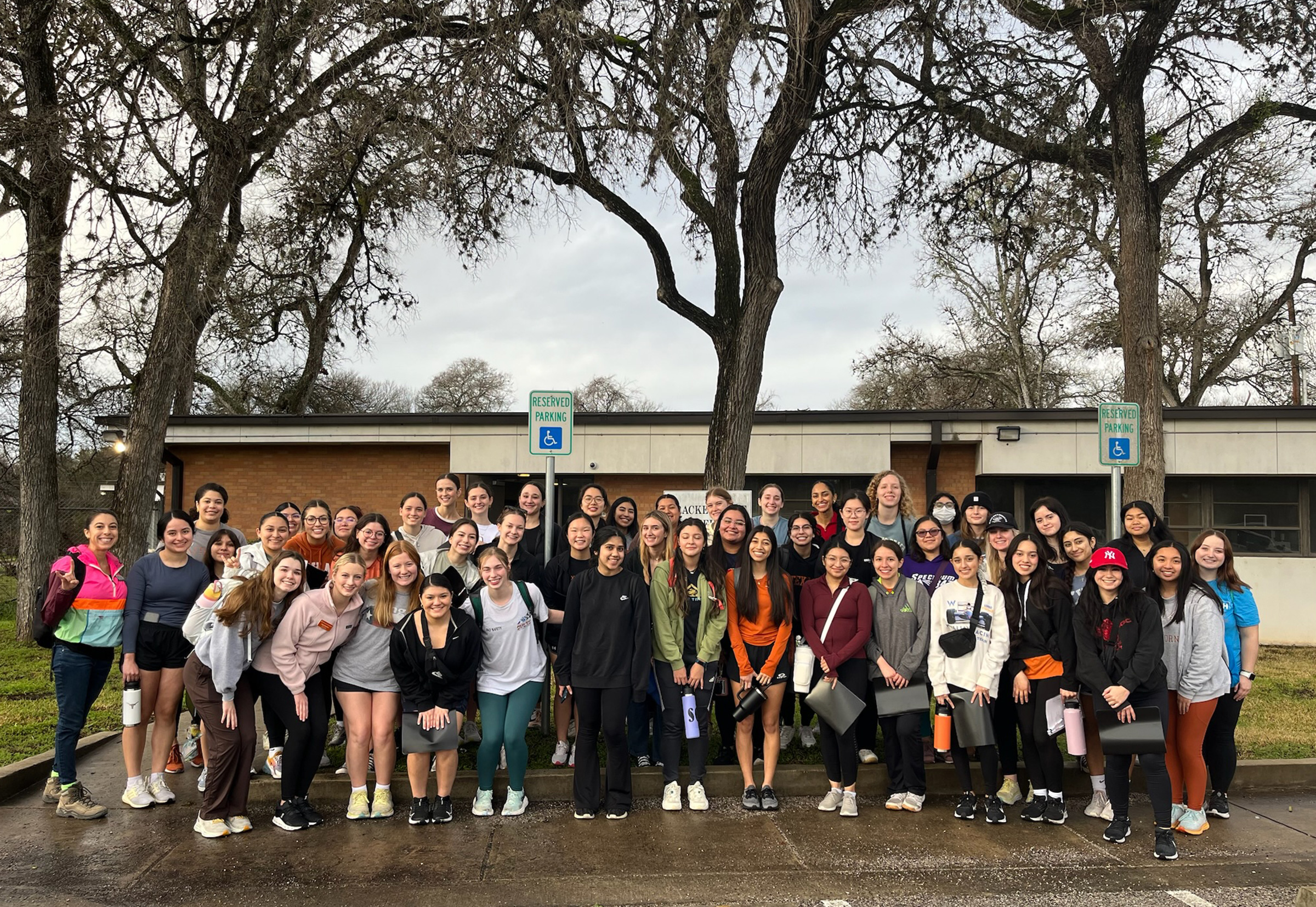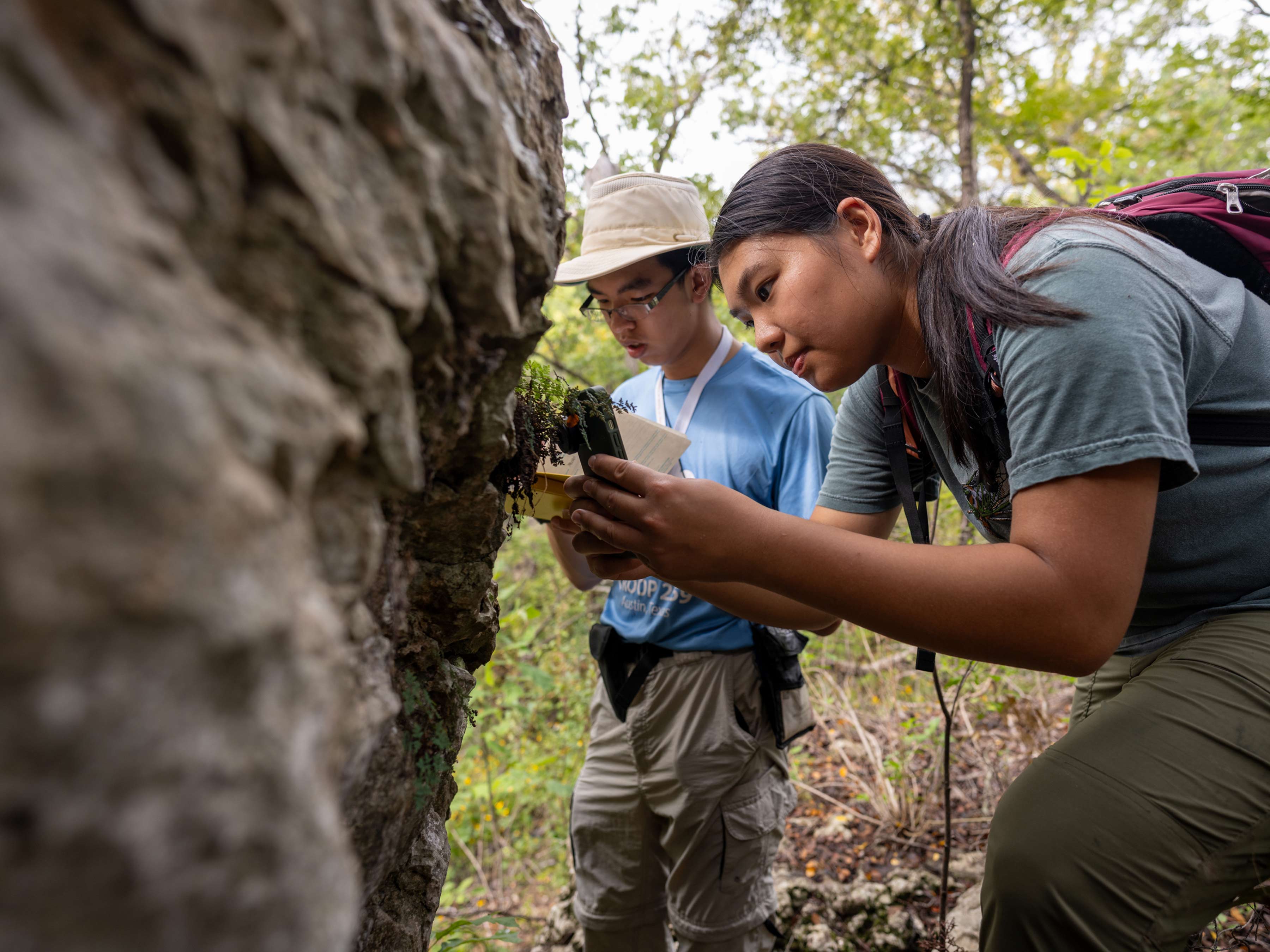
Conserving Texas Ecosystems
Making discoveries across the wide spectrum of life – from minuscule organisms to complex ecosystems – to preserve Texas’ rich biodiversity.
Facts & Figures
The Biodiversity Center, a part of the Department of Integrative Biology, contributes to UT Austin’s top-10 ranking in Ecology and Evolutionary Biology.
Active field research stations
Plant specimens held in collections, dating back to the 1700s
Animal and insect specimens held in collections
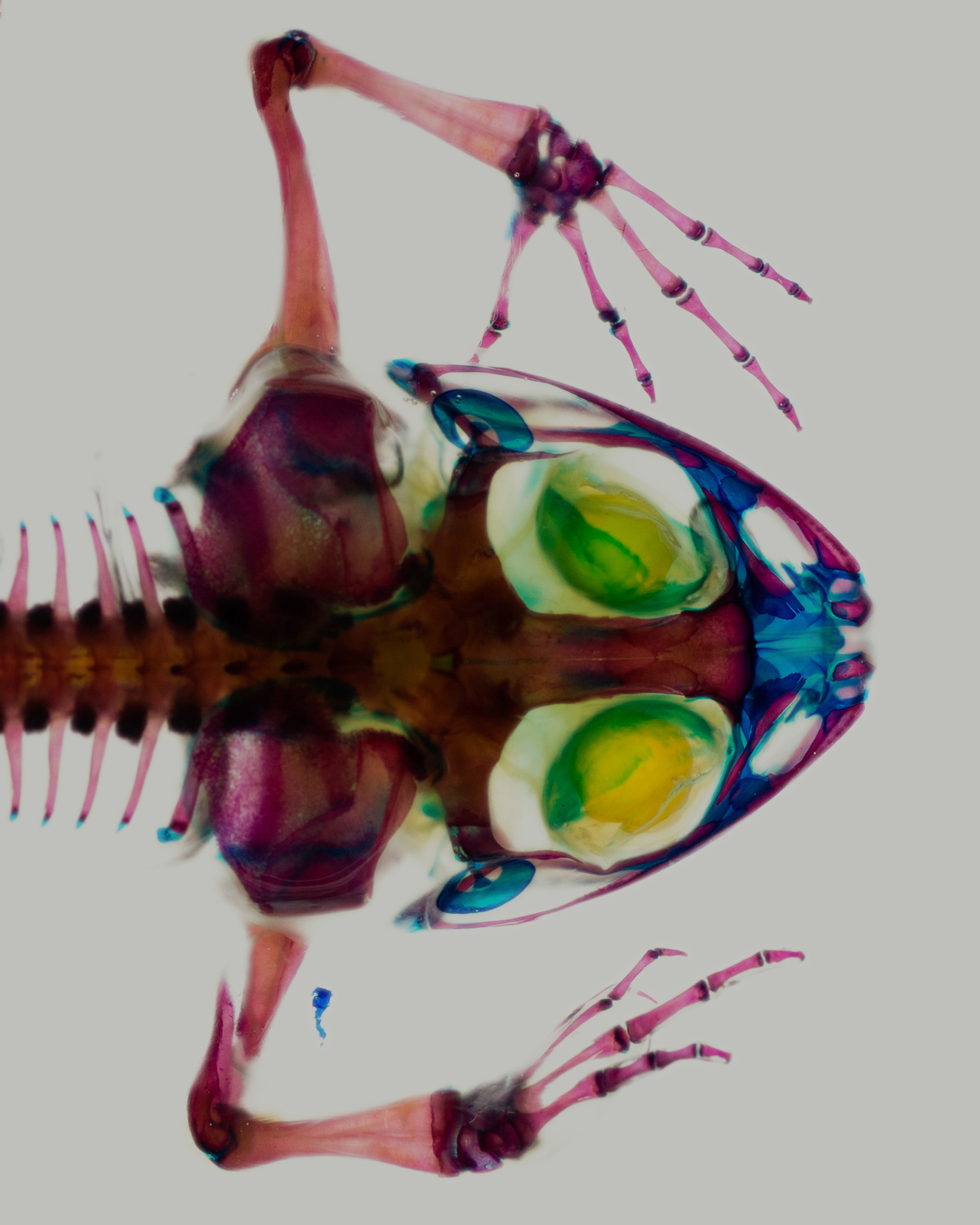
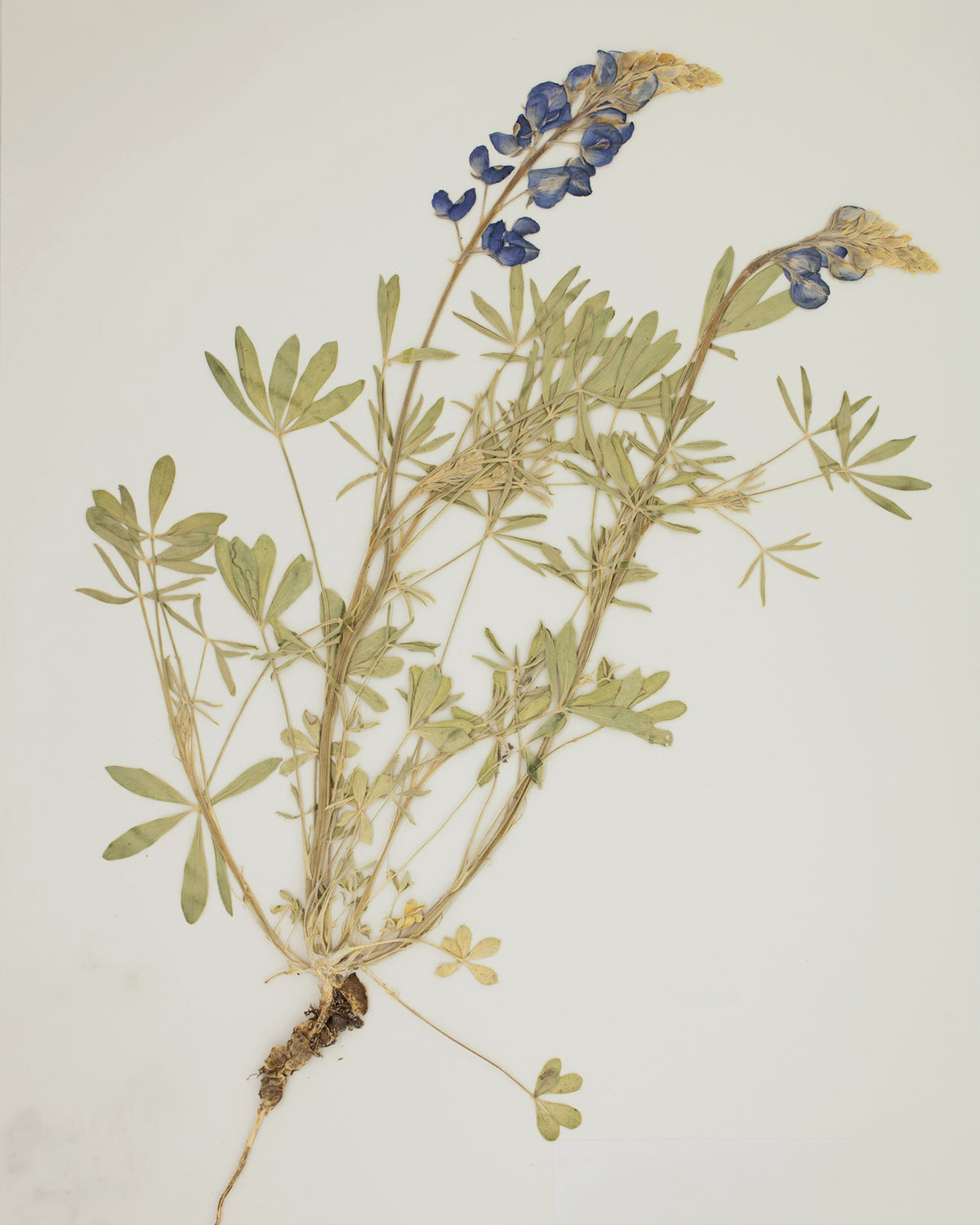
Collections
The University of Texas is home to some of the world’s largest collections of specimens, from our vast array of reptiles, fish and other animals to our thousands of plants, insects and invertebrates.
Field Stations
As home to the Texas Field Station Network, the Biodiversity Center facilitates exploration, discovery and learning across varied ecosystems, contributing to scientific advancements and environmental understanding.


